- 01-04-25BIT as a Service
- 26-03-25Internetproviders verliezen rechtszaak over blokkeren websites
- 19-02-25BIT introduceert server-side e-mailfiltering met Sieve
- 06-02-25Shared hosting wordt opgefrist
- 28-11-24ECOFED uitgeroepen tot publieksfavoriet bij Computable Awards
- 21-11-24Een goede cloud heeft een kundige dirigent nodig
- 17-10-24ECOFED wint ICT Innovatieprijs Regio Foodvalley 2024
- 01-08-24BIT geeft kaarten weg voor F1 in Zandvoort
- 24-04-24Status.bit.nl in nieuw jasje!
- 12-04-24Nieuw bij BIT: GPU hosting
BIT considers further steps after negative results summary proceedings Wiv
26-06-2018 09:58:35
On June 7, there were summary proceedings on the Law on Intelligence and Security Agencies (Wiv). The judge gave a negative result today, which means that the law will remain unchanged. Datacenter BIT, together with a coalition of IT and tech companies, journalists, lawyers and NGO’s, summoned the State to appear. This is because the government has promised to alter the law that was implemented on May 1 of this year. Unfortunately, the law was implemented without any alterations. ingevoerd.
Earlier, the government announced that they would change the law in response to the advisory referendum that took place in March, where the majority of the Dutch population voted against the law. Nonetheless, the Wiv has some fundamental problems and some parts are in conflict with the human rights.
“By implementing the law before changing it, innocent civilians and the digital economy will not be spared,” says Alex Bik, CTO at BIT. “It is ridiculous that the privacy of citizens and organisations is not a priority for our government. This very disappointing. We feel it is our duty to ensure that the Dutch internet remains a free and open medium. We will find out which further steps are possible.”
Wido Potters, Manager Support & Sales at BIT: “The proportion of the measures is questionable. Many organisations have to give up data and allow their networks to be tapped, which means that civil privacy is severely compromised. Let me make it clear that we want criminals to be caught as well and we understand that tapping networks of suspects can be valuable. The tapping of data streams of large groups of citizens, however, is not necessary. A focused investigation can still happen without this privacy violation. And if those more limited authorisations are used, they actually prove to be successful. That these authorisations are not being used, is a whole other issue.”
The coalition consists of BIT, MijnDomein, SpeakUP, Voys, Bits of Freedom, Free Press Unlimited, Greenpeace International, the NJCM, the NVSA, Platform Protection of Civil Rights, Privacy First and De Waag.
Read the verdict here (Dutch only).
Earlier, the government announced that they would change the law in response to the advisory referendum that took place in March, where the majority of the Dutch population voted against the law. Nonetheless, the Wiv has some fundamental problems and some parts are in conflict with the human rights.
“By implementing the law before changing it, innocent civilians and the digital economy will not be spared,” says Alex Bik, CTO at BIT. “It is ridiculous that the privacy of citizens and organisations is not a priority for our government. This very disappointing. We feel it is our duty to ensure that the Dutch internet remains a free and open medium. We will find out which further steps are possible.”
Wido Potters, Manager Support & Sales at BIT: “The proportion of the measures is questionable. Many organisations have to give up data and allow their networks to be tapped, which means that civil privacy is severely compromised. Let me make it clear that we want criminals to be caught as well and we understand that tapping networks of suspects can be valuable. The tapping of data streams of large groups of citizens, however, is not necessary. A focused investigation can still happen without this privacy violation. And if those more limited authorisations are used, they actually prove to be successful. That these authorisations are not being used, is a whole other issue.”
The coalition consists of BIT, MijnDomein, SpeakUP, Voys, Bits of Freedom, Free Press Unlimited, Greenpeace International, the NJCM, the NVSA, Platform Protection of Civil Rights, Privacy First and De Waag.
Read the verdict here (Dutch only).

